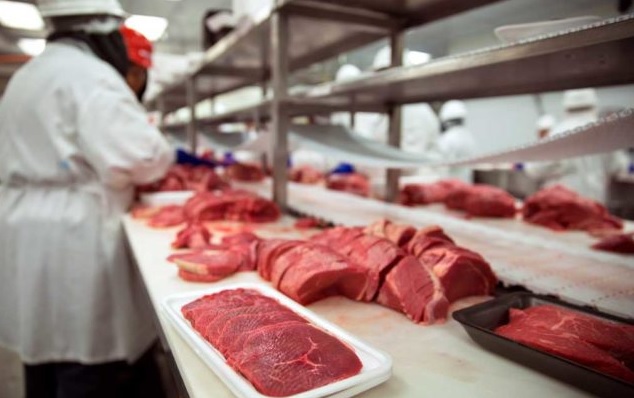What is the connection between meatpacking plants and coronavirus?
Medical Pharmaceutical Translations • May 25, 2020 12:00:00 AM

Over the past weeks, a number of meatpacking plants have been clusters for the development of coronavirus. This isn’t the case in only one country, but in locations as far-flung as the US, Brazil, Australia, Ireland, and France.
We like to think of places that handle our food as being irreproachably clean and hygienic, and meatpacking plants certainly have to follow strict guidelines. So how can they be a hotbed of disease?
This fascinating article takes an in-depth look at what exactly goes into meatpacking, and why the environment of these plants is the perfect place for COVID-19 to spread.
It turns out it doesn’t have to do with hygiene so much as factors like the necessity of working in close proximity, as well as the low temperatures needed to keep meat from spoiling.
There’s also the fact that employees tend to live in poor conditions and overcrowded homes. And since many, at least in the US, are undocumented immigrants, they may avoid getting medical care if they show symptoms, and may even avoid sharing contact information with medical researchers.
Although these all seem like reasonable conjectures, we know so little about COVID-19 that the disease’s affinity for meatpacking plants may be due to another reason entirely. But for the time being, by using what we do know, we may be able to implement measures that can help keep workers safe and prevent further outbreaks.
Read on to learn more about the connection between meatpacking plants and COVID-19.
Contact Our Writer – Alysa Salzberg
